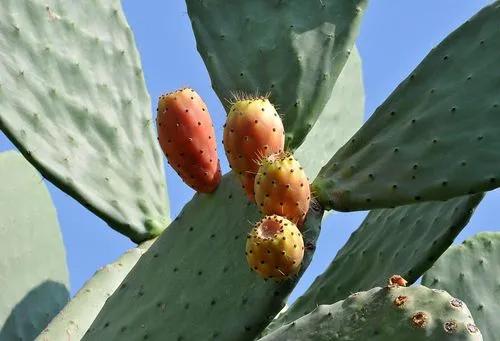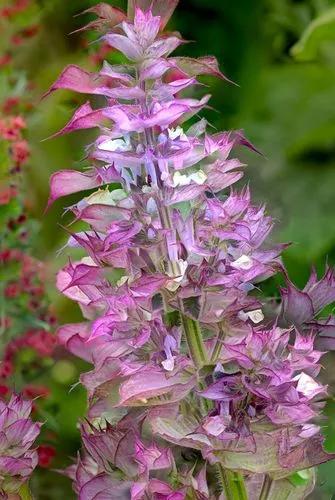Bleeding Heart is a small perennial flowering plant that belongs to the Papaveraceae family and is native to Northeast Asia. The plant can live in a group among bushes or alone in its natural environment, but in both cases, it is in slightly shaded conditions. Due to its unusual appearance, Bleeding Heart is popular in many countries as an indoor plant.
Asian bleeding-heart Care
Lamprocapnos spectabilis



Lamprocapnos spectabilis is easily identified by its bright pink heart-shaped flowers, which grow up to 20 on thick green or pink stems. The color is brighter on the outside, while the inside is white, which creates an interesting contrast.
The green, fern-like leaves have 3 smaller leaves and fall after the plant has finished flowering. It is interesting that if you increase the watering frequency, the leaves can last a little longer, creating the appropriate appearance. As for the plant itself, it can grow up to 36 in (90 cm) tall and wide, and its branches are arching.
How to Care for the Plant

Water

Water after the top layer of soil is completely dry but do not over-moisten, as root rot may begin.

Pruning

After the branches and leaves begin to wither, you can carefully cut them to prevent various diseases.

Fertilizer

Usually, Lamprocapnos spectabilis takes the necessary substances from the soil, but once a year in the spring, you can use a slow-release fertilizer.

Sunlight

Bleeding Heart prefers light shade, so place it near a window with indirect sun or in a shaded area.

Soil

Use well-drained fertile soil with plenty of organic matter.

Propagation

Plant healthy seeds in well-drained, slightly moist soil, then cover with soil and provide adequate watering. You can also propagate the plant by division, digging it up and dividing it into equal parts, then planting it in suitable moist soil.

Temperature

The ideal temperature for the plant is 55-75˚F (12-23°C).

Container

Use a container made of any material that has one or more drainage holes.

Fun fact

In Japan, many love legends are associated with the plant, which explains the heart-shaped shape of the flowers.

Popularity

3,390 people already have this plant 640 people have added this plant to their wishlists
Discover more plants with the list below
Popular articles






